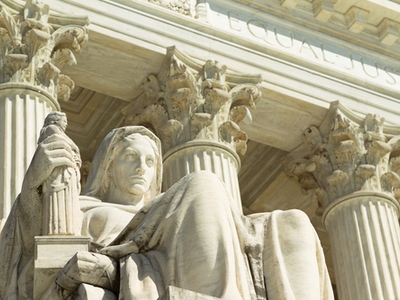In February, the Internal Revenue Service (IRS) released its FY 2018 Annual Report and announced a record-breaking year for the agency’s whistleblower program. Overall, whistleblowers provided information that contributed to the agency’s recovery of over $1.44 billion during the course of the year. As a result, the IRS awarded $312 million in bounty awards to whistleblowers in FY2018, an almost ten-fold increase from the $33.9 million in awards it made in FY2017. Of the 217 total awards the agency made to whistleblowers in FY 2018, 31 were mandatory awards under Internal Revenue Code section 7623(b) and 186 were discretionary awards under section 7623(a) (which applies to smaller cases). The average award percentage from the total amount collected was 21.7% – up from 16.6% in FY 2016 and 17.8% in FY 2017. READ MORE
IRS Reports Record $312 Million In Whistleblower Bounties











